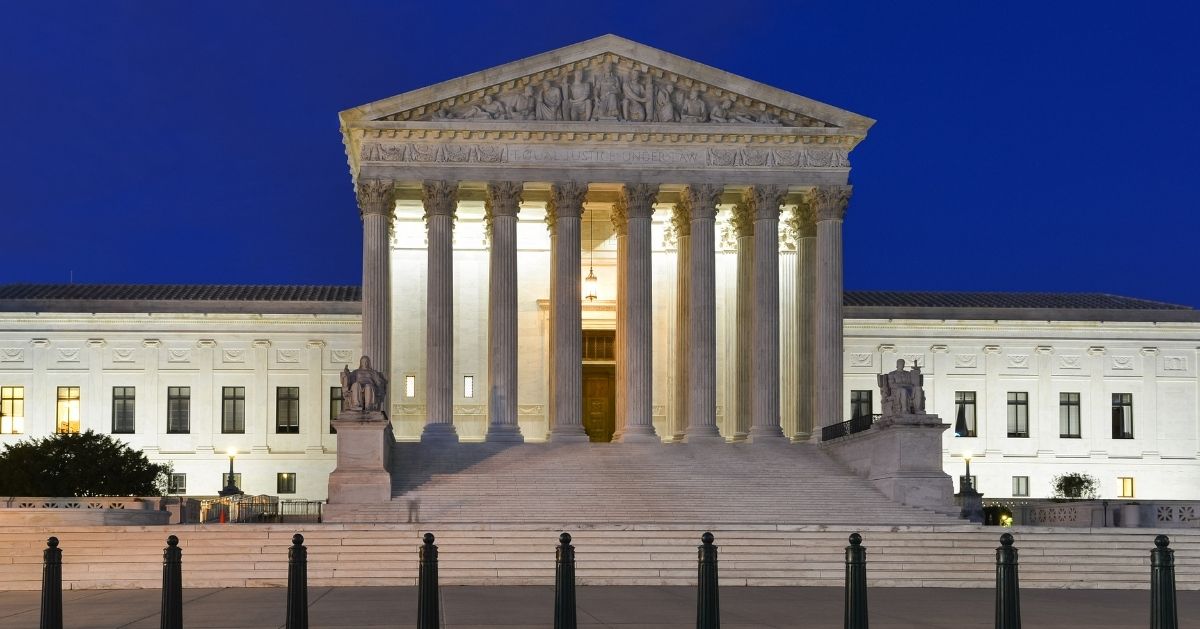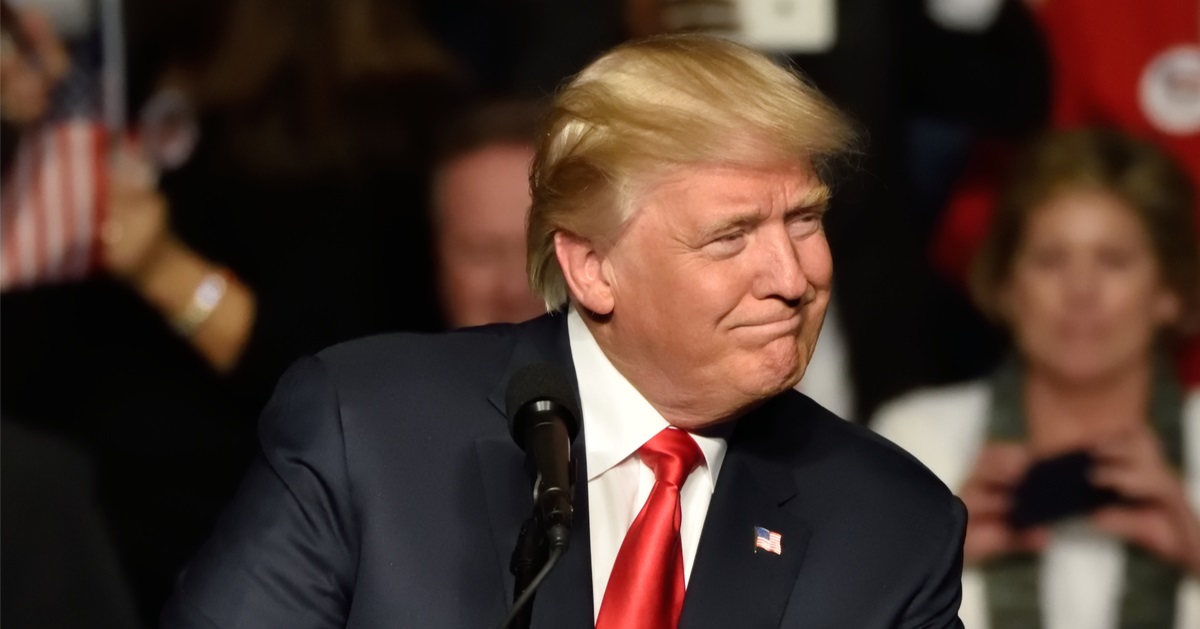President Trump made good on his promise to lift sanctions on Syria's economy, ending years of crippling pressure on the war-torn nation.
The Treasury Department officially lifted sanctions Friday that barred U.S. citizens and companies from making most financial transactions with Syria.
The sanctions were imposed to pressure former dictator Bashar al-Assad, who was overthrown in December after more than a decade of civil war that uprooted millions of refugees.
Trump is lifting the sanctions to help rebuild and hopefully stabilize Syria after years of brutal conflict that left the country in ruins.
The relief is being offered on the understanding that Syria "will not offer a safe haven for terrorist organizations and will ensure the security of its religious and ethnic minorities," the Treasury Department said in a press release.
"The U.S. will continue monitoring Syria’s progress and developments on the ground," the press release added.
“As President Trump promised, the Treasury Department and the State Department are implementing authorizations to encourage new investment into Syria. Syria must also continue to work towards becoming a stable country that is at peace, and today’s actions will hopefully put the country on a path to a bright, prosperous, and stable future,” said Secretary of the Treasury Scott Bessent.
Trump announced an end to the sanctions during his recent trip to the Middle East, where he called for a break with the Western "nation-building" of the past and outlined a new vision emphasizing regional autonomy.
Trump also became the first U.S. president in 25 years to meet with a Syrian leader as he met with Syria's new president, Ahmed al-Shara. The former al-Qaeda leader, who led the rebel alliance that toppled Assad, has distanced himself from jihadism, but many are skeptical of his promise to make Syria an inclusive democracy.
Since Assad fell, there have been major outbreaks of sectarian violence against religious minorities, including the Alawite sect, to which Assad belonged, and the Druze.
Syria also has one of the largest Christian populations in the Middle East, and many Christians remain fearful for their safety. While minorities in Syria do not trust the new regime, Secretary of State Marco Rubio told a Senate committee last week that the country could be weeks away from a fresh civil war if the transitional government collapses.
"The bad news is that the transitional authority figures... didn't pass their background check with the FBI," he joked. "But on the flip side of it is, if we engage them, it may work out, it may not work out. If we did not engage them it was guaranteed to not work out," he added.
Concurrently with the Treasury Department's move, the State Department is waiving sanctions that Trump himself imposed under the 2019 Caesar Syria Civilian Protection Act.
Rubio said in a statement that the move will "advance Syria’s recovery and reconstruction efforts” and “facilitate the provision of electricity, energy, water, and sanitation, and enable a more effective humanitarian response."


